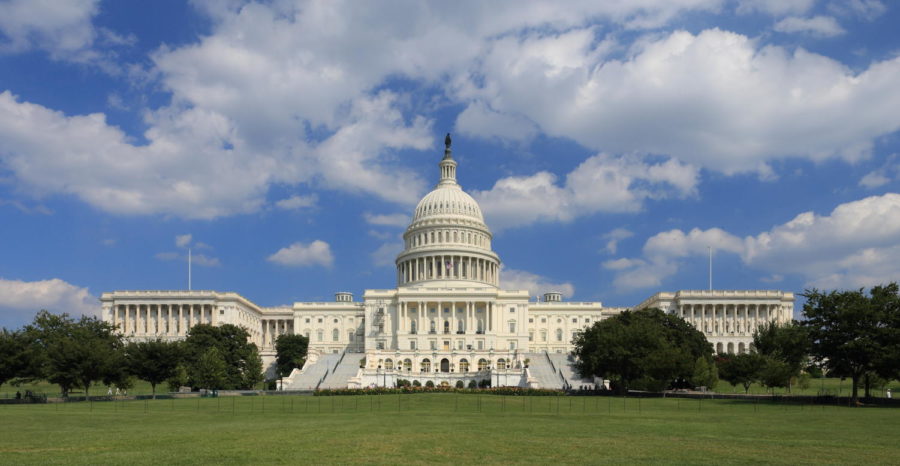Editorial: Plurality still armed with political power
April 21, 2014
In his five marks of the decaying Roman culture, Edward Gibbon noted the widening disparity between the very rich and the very poor. That bears a striking similarity to the United States [though, it has been the bane of all great nations]. While it may be unsettling to think the United States would go the way of the Romans, we are nonetheless confronted with the same symptoms that led to the decline and fall of that great republic. However, we have the special advantage of hindsight — history yields a tool by which we may recognize our demise before it occurs.
The widening disparity between the very rich and the very poor in our society not only evidences a shift in economic standing, but it also a shift in political power — a change that is to the advantage of the wealthy.
One of the diseases that could lead to our eventual ruin is the influence the rich have on our political system. It is a topic hushly uttered among the electorate, but never quite confirmed on a quantitative level. Everyone knows it, though. These conversations, as it turns out, are not idle talk.
As Marten Gilens of Princeton University and Benjamin Page of Northwestern University have argued, the United States has morphed into an oligarchy [they never actual mention that word in the paper, but that is nonetheless what the paper implies].
An oligarchy is a structure of governance where the power rests in the hands of a few. Gilens and Page argue that the powerful few in the U.S. are the wealthy and affluent, which doesn’t come as a surprise. But this notion stretches far beyond McCutcheon v. FEC or Citizens United. The disease had been deteriorating our republic for many years prior.
As the paper suggests, “economic elites and organized groups representing business interests have substantial independent impacts on U.S. government policy, while mass-based interest groups and average citizens have little or no independent influence.”
Using a complex multivariate analysis, Gilen and Page have quantitatively confirmed the worst of our suspicions.
Another experiment, conducted by Joshua Kalla and David Broockman, yet again, confirms our fears. In the experiment, a political organization called 191 different congressional offices to request a meeting regarding pending legislation. Of the callers identified as “donors” 19 percent received a meeting with the member of congress or a top staffer. Of the callers identified as “constituents,” only 5 percent received similar treatment.
Kalla and Broockman’s analysis follows Harvard professor Lawrence Lessig’s observation that members of congress spend two to three days a week raising money.
This only represents the beginning of an arduous mission to show just how powerful the economic elites have become. But why should we have to wait for proof of what is at the tip of everyone’s tongue? The wealthy campaign donors have the last say on matters of policy, not the average citizen.
While the condition of our country may seem dire, it does not mean the average citizen has lost her voice. As political theorist Hannah Arendt holds, “power” is not defined by the few. Power derives itself from the concerted actions of the plurality. The people engaging in political discussion at the bars and at the dinner table have power, not the wealthy few who persuade with money rather than words.
But Arendt also sees that “human power corresponds to the condition of plurality to begin with.” We must all become political actors if we are to exercise our power. That requires us to get together, associate and articulate our thoughts. It is through that means that we may truly cure our country of pestilential economic influence.
Arendt highlights the existence of this association in the polis of Athens. But the polis, the realm of by which we act politically, is everywhere that discussion occurs. We envision Ames to be that next Athens — filled with the politically minded. That isn’t an over ambitious notion, either. All that is required of us students is to go out into the world and engage with others. Let us commit ourselves to that highest ideal, or else lose the liberties that are most precious to us.

















